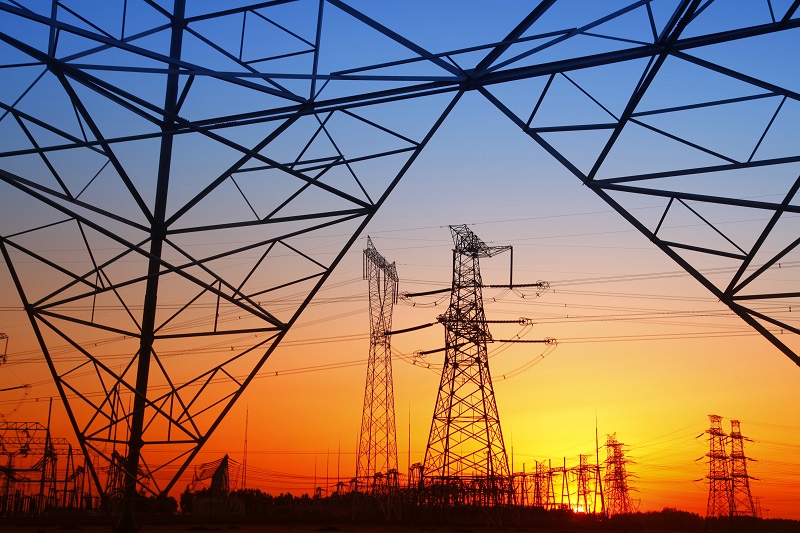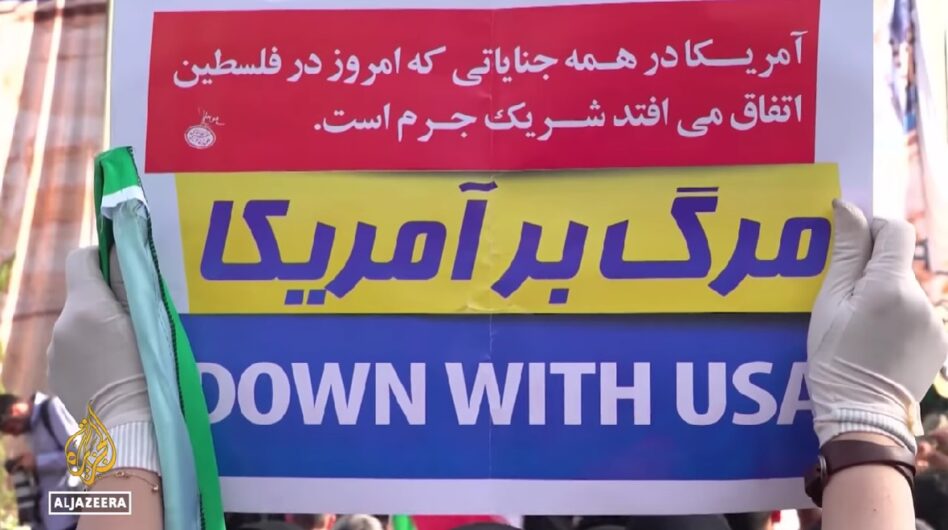THE ENERGY Commission (EC) has introduced a revised electricity tariff structure for Peninsular Malaysia under Regulatory Period 4 (RP4), effective from 1 July 2025 to 31 December 2027, within the Incentive-Based Regulation (IBR) framework.
The reform includes three key elements:
i) A slightly lower base tariff of 45.40 sen/kWh, representing a 13.6% increase over RP3 (vs the 14.2% hike announced in December 2024).
ii) A newly restructured electricity schedule.
iii) A shift from the semi-annual Imbalance Cost Pass-Through (ICPT) to a monthly Automatic Fuel Adjustment (AFA), enabling more timely cost recovery.
The impact on Tenaga Nasional (TNB) is neutral, as the regulatory rate of return on its Regulated Asset Base (RAB) remains at 7.3%, while the AFA mechanism is expected to ease TNB’s working capital requirement amid volatile fuel prices.
“We maintain our Overweight rating on the sector, driven by rising electricity demand, renewed investments in Independent Power Producers (IPPs) and renewable energy, and TNB’s planned RM42.9bn in capital expenditure,” said Public Investment Bank (PIB).
New tariff schedule categorises users into domestic and non-domestic groups, based on voltage levels, replacing the previous multi-tier kWh usage (for domestic) and business-type-based classification.
It also introduces five distinct charge components , that is Energy, Capacity, Network, Retail, and AFA, enhancing billing transparency.
Notably, the Time of Use (ToU) scheme has been expanded to domestic users, offering extended off-peak hours from 10:00 p.m. to 2:00 p.m. on weekdays and all day on weekends, encouraging more efficient energy consumption during these periods.
Overall, more than 23m domestic users are expected to remain unaffected by the changes, with those consuming between 0–900 kWh per month likely to enjoy slight savings.
Non-domestic users in the Medium and High Voltage categories will face a higher effective Maximum Demand (MD) charge.
This will incentivise large-scale commercial and industrial consumers to optimise their energy usage, particularly by reducing load during peak demand periods. This will also support broader grid stability and sustainable electricity supply-demand market.
“We maintain Overweight call with TNB (Outperform, TP:RM16) as our top pick. TNB’s earnings outlook remains favourable, as the regulatory rate of return remains unchanged at 7.3%,” said PIB.
The marginal reduction in base tariff is likely attributable to lower generation cost components, reflecting the decline in fuel prices observed in 1H2025.
Looking ahead, the introduction of the monthly AFA mechanism is expected to enhance cost pass-through efficiency, easing TNB’s working capital requirements amid ongoing fuel price volatility. —June 23, 2025
Main image: ETF Trends








